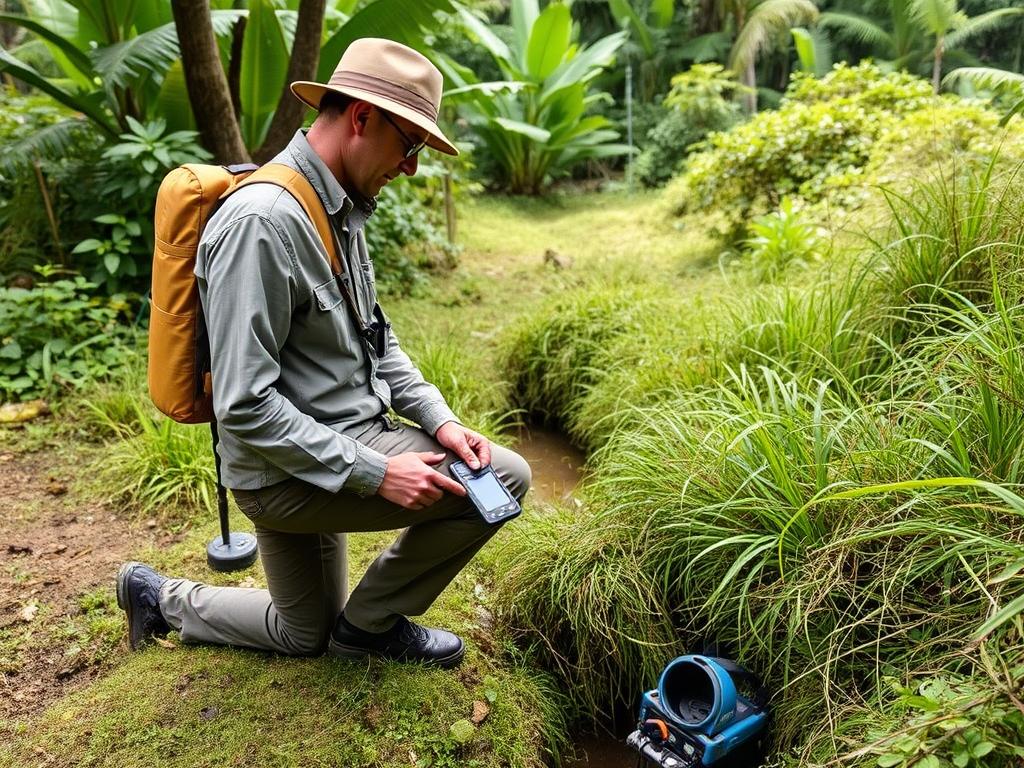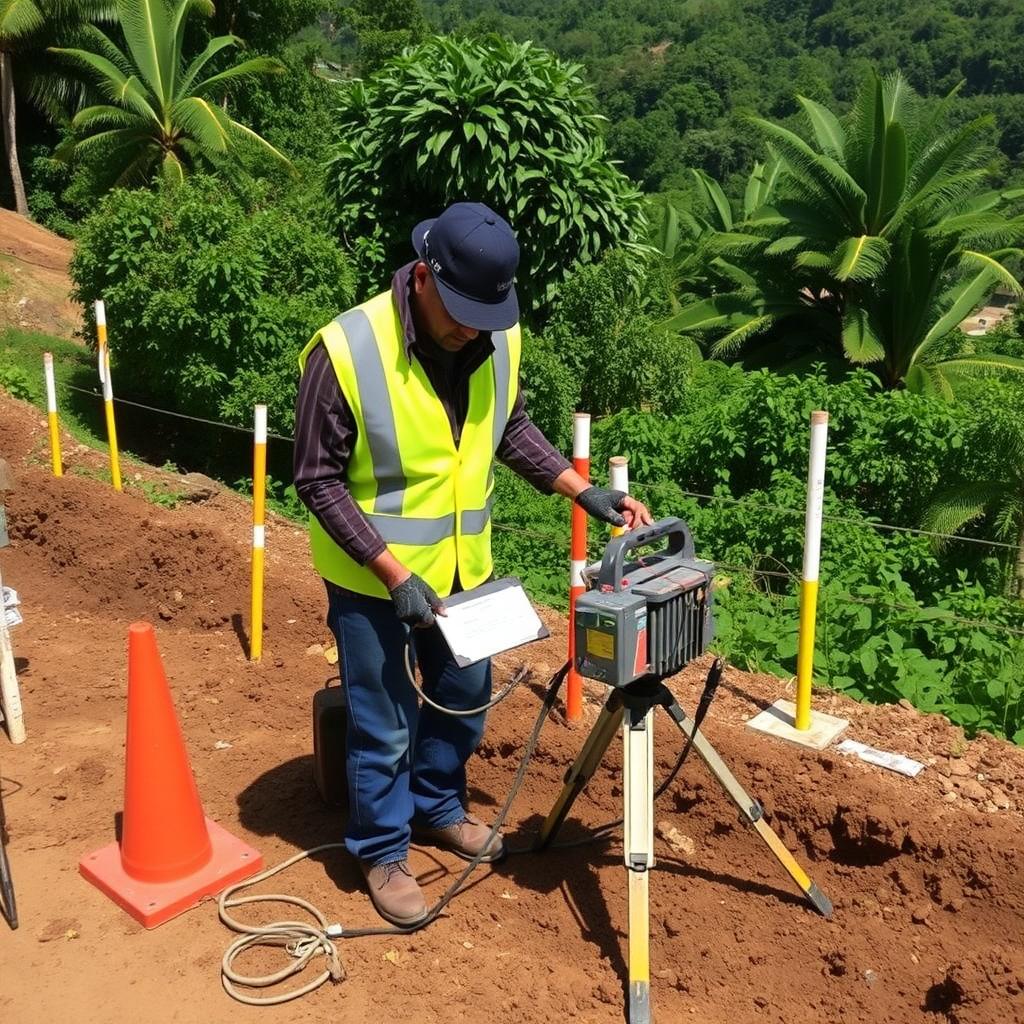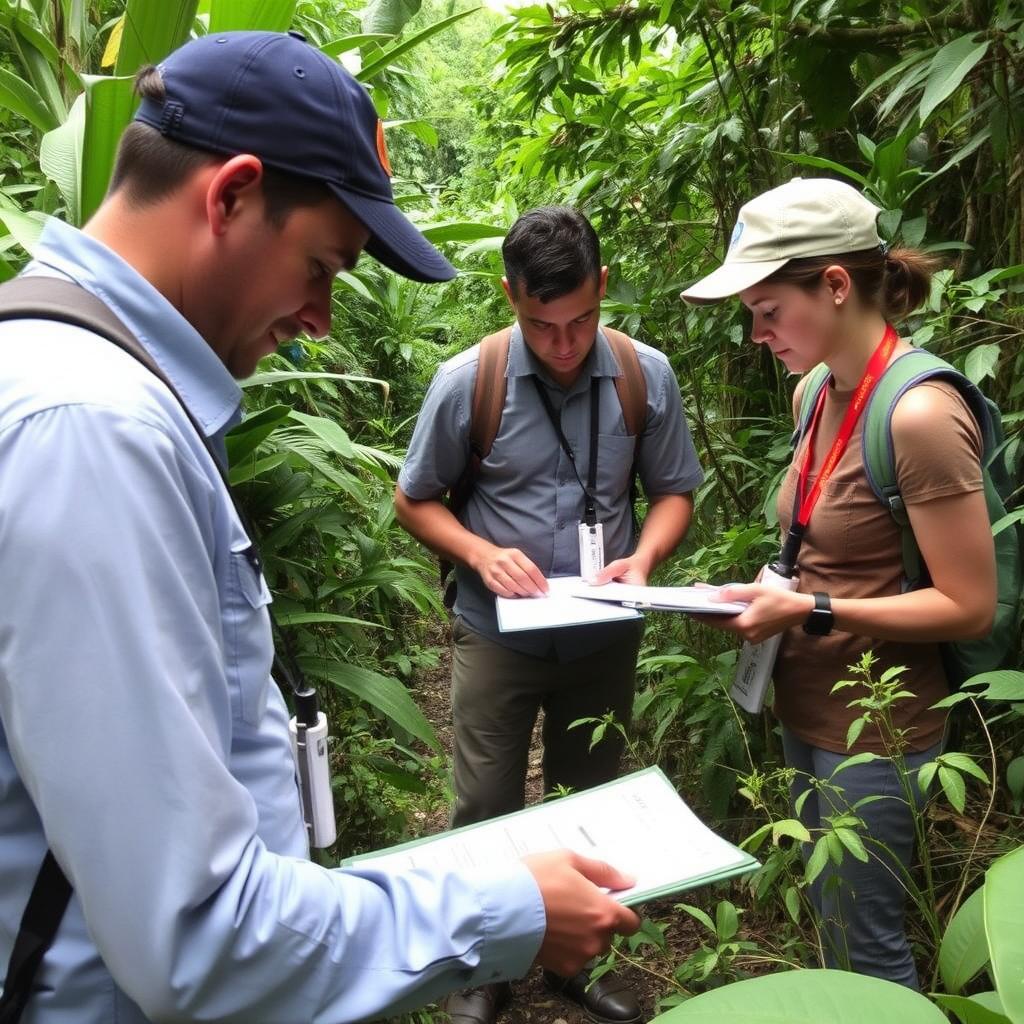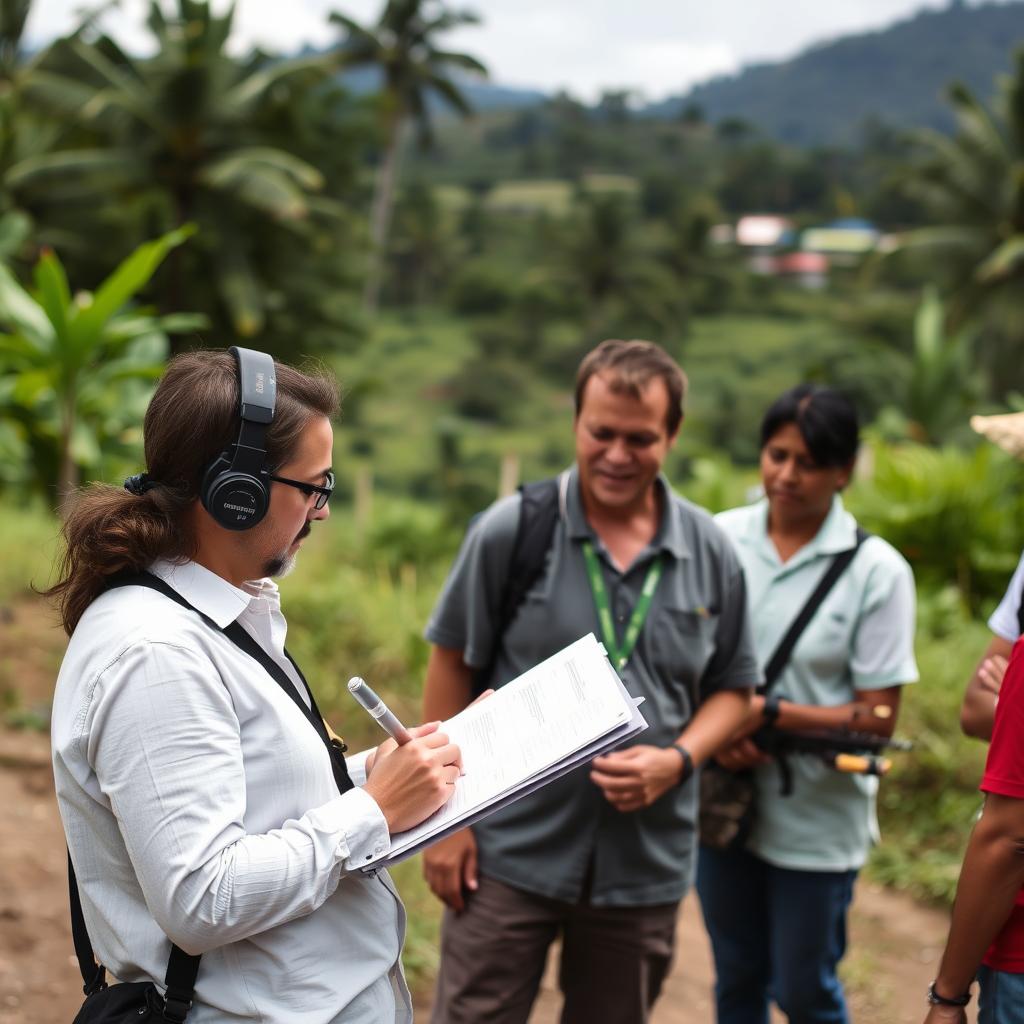
Your Roadmap to Compliance
Successful project financing in Costa Rica requires navigating six critical categories of verification. Each represents a potential roadblock that could delay or derail your investment if not adequately addressed.
Due Diligence Starts “BEFORE” you Purchase the Property
Title searches uncovering hidden claims can reveal unexpected ownership disputes or encumbrances. One client discovered their property had an unregistered easement that would have cut through their planned building site.
- 11-point legal verification
- Title search and verification
- Zoning compliance check
Technical Due Diligence
Soil testing and topographical analysis can reveal construction limitations that might not be visible during a standard site visit. These technical factors directly impact construction costs and feasibility.
- 10-stage technical review
- Property survey verification
- Infrastructure assessment
Environmental Due Diligence
Environmental impact assessments identify protected species or habitats that could restrict development. Costa Rica’s strict environmental regulations require thorough verification before proceeding.
- 5-layer environmental audit
- Protected zones mapping
- Water management compliance
Financial Due Diligence
Property valuation and closing cost budgeting ensure your investment is financially sound. Accurate financial assessment prevents budget overruns and financing complications.
- 6-point financial verification
- Property valuation analysis
- Tax liability assessment
Practical Due Diligence
Site visits and community assessment provide critical on-the-ground intelligence about your property’s practical viability for development. These factors impact both construction and long-term project success.
- 6-step practical verification
- Access road assessment
- Community relations evaluation
Funding-Specific Due Diligence
Lender requirements and investment viability analysis ensure your project meets the specific criteria needed to secure financing. These requirements vary by lender and project type.
- 6-criteria funding verification
- Lender-specific documentation
- Investment return analysis
“The most expensive due diligence is the due diligence you didn’t do. We’ve seen clients save hundreds of thousands of dollars by identifying issues before purchase rather than after.”
Project Funding Checklist
- ☑ Executive Summary or Project Deck
- ☑ Use of funds breakdown
- ☑ ROI projection and exit strategy
- ☑ Legal status of property
- ☑ Permits secured or permitting timeline
- ☑ Project manager or architect profile
- ☑ Timeline and construction milestones
- ☑ Market data supporting the project
- ☑ Existing debts on land/project
- ☑ Easement documentation (registered)
- ☑ Environmental study (SETENA)
- ☑ Notarized shareholder agreements
Ready to Verify Your Investment?
Our team has helped investors navigate all 44 verification points for successful project financing in Costa Rica.
The Funding Connection
What six criteria make or break your project financing approval? Lenders in Costa Rica have specific requirements that directly impact your ability to secure funding. Our funding-specific due diligence ensures your project meets these critical criteria before you apply.

Investment viability stands as the cornerstone of successful project financing. Lenders scrutinize your project’s financial projections, market analysis, and risk assessment before approving funding. Without comprehensive documentation addressing these factors, your application faces significant hurdles.
What most investors overlook is how their project’s environmental compliance affects funding eligibility. Costa Rican lenders increasingly require verification of environmental sustainability before approving project financing.
Benefits of Pre-Financing Due Diligence
- Higher approval rates for financing applications
- More competitive interest rates and terms
- Faster approval process with complete documentation
- Reduced risk of financing delays or rejection
Risks of Incomplete Due Diligence
- Financing rejection after property purchase
- Higher interest rates due to perceived risk
- Extended approval timelines are causing project delays
- Unexpected conditions added to financing terms
Did you know? Properties in Costa Rica’s hottest markets average just 47 days on market – you need to be verification-ready to move quickly when opportunities arise.
Secure Your Project Financing
Borrow $1,000,000 up to $100,000,000 and even more. Our team can help ensure your project meets all lender requirements before you submit your financing application.
Real-World Due Diligence Success
A recent client was considering a $1.2 million property for hotel development in Guanacaste. Our 44-point due diligence process revealed that while the property had most permits in place, it lacked the critical water letter required for commercial development.
Rather than walking away from the deal, our team helped negotiate a 22% price reduction and worked with local authorities to secure the necessary water rights. The project is now under construction with full financing approval, saving our client over $260,000 while ensuring regulatory compliance.
How long does the complete due diligence process typically take?
While basic property checks can be completed in 2-3 weeks, our comprehensive 44-point verification process typically takes 30-45 days to complete thoroughly. This timeline ensures all legal, technical, environmental, financial, practical, and funding-specific requirements are adequately addressed before you commit to your investment.
Can due diligence be conducted after a property has been purchased?
While some aspects can be verified after purchase, we strongly recommend completing the 44-point process before finalizing any transaction. Post-purchase due diligence significantly limits your negotiating power and may reveal issues that cannot be remedied without substantial additional investment.
When You’re Ready to Move Beyond Basic Checklists…
The difference between successful Costa Rican property investments and costly mistakes often comes down to the thoroughness of your due diligence process. Our 44-point verification system has helped investors secure millions in project financing while avoiding the pitfalls that derail many foreign investments.
WhatsApp our Due Diligence Team at (506) 8888-0003 before your next site visit. Properties in Costa Rica’s hottest markets average 47 days on market – be verification-ready when opportunity strikes.

Ready for Expert Due Diligence?
We do the work FIRST so your financing NEVER comes last.







